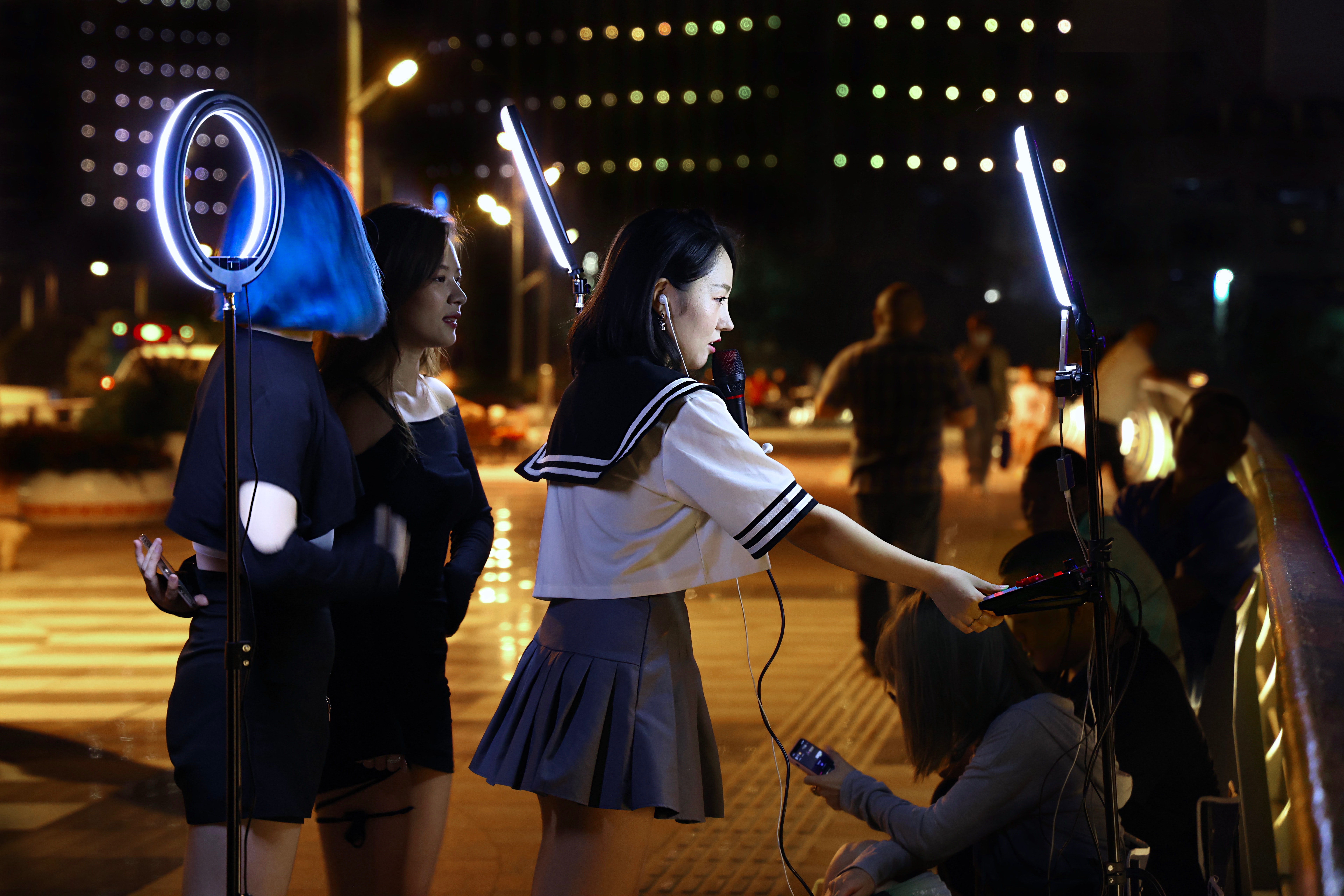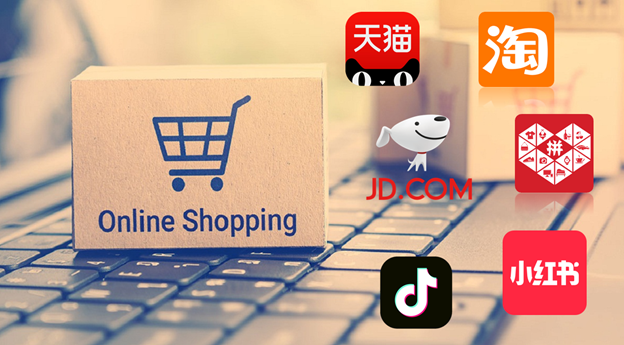2021 was the year of crackdowns in China as the government pushed for the ‘Common Prosperity’ initiative. The government has been tightening regulations to balance wealth and establish a more sustainable economic model. Among the several industries affected, the e-commerce industry – specifically the livestreaming market – has emphasized the importance of abiding by the laws and policies of the government.
Along with the pandemic, e-commerce livestreaming in China has been growing. The market increased rapidly from about USD 18 billion in 2018 to USD 194 billion in 2020. By 2023, it is predicted to reach an estimated USD 768 billion. Livestreaming is no longer only about gaming and entertainment but also shopping. In 2020, the Amazon-equivalent e-commerce platform Taobao (淘宝) announced a revenue of about USD 62 billion from its livestreaming shopping business. Not only did it compete with other retail giants, but also with short video sharing companies like Douyin (抖音) and Kuaishou (快手).
More specifically, livestreaming is not only a channel for brands to advertise their products but also a means by which consumers can engage with their consumers and make purchases via livestreaming. In a 2020 survey conducted by McKinsey, two-thirds of Chinese consumers said they bought products through livestream in 2019.
However, as government crackdowns in livestreaming in China are intensifying, it has become increasingly important for not only local, but foreign businesses to pay closer attention to the government policies and adjust their livestreaming strategies accordingly.
Brands should ensure their partnering influencers and livestreaming programs abide by the rules set by the government
Brands should be aware that government policies should not be taken lightly. Whether the brand itself or the influencer is well-respected does not necessarily mean that it has exclusive privileges. Also, brands should be aware of the new regulations that e-commerce platforms plan to do in alignment with the government’s economic and social initiatives.
Even top celebrities like China’s ‘livestreaming queen’ can’t get away with the government’s policies
Regardless ofbeing a nano-influencer or a mega-influencer, brands should ensure that the influencers they collaborate with follow the laws established by the government. A notable case is that of Huang Wei (黄薇) – also known as Viya or China’s ‘livestreaming queen’ – who was fined a record high of USD 210 million for tax evasion in 2021. She is widely known as an influencer and has even won government awards for contributing to government reduction. Such is the case when she helped farmers sell their agricultural products in welfare activities organized by Taobao.
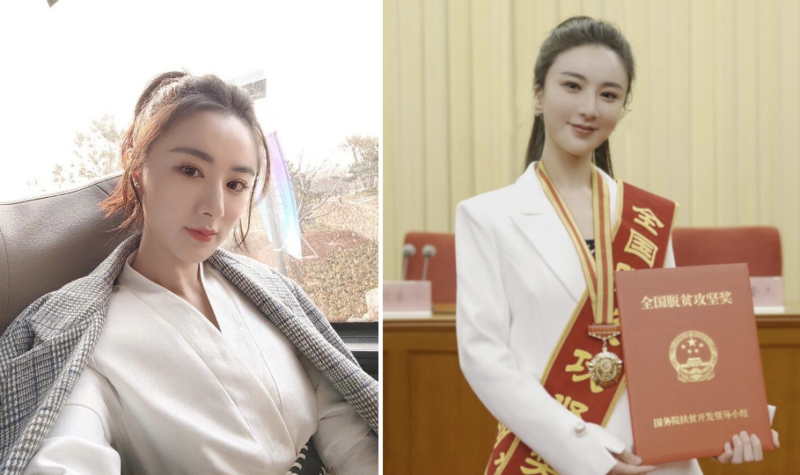
Not only did she have to pay the fine, the 36-year-old celebrity – with 18 million followers on China’s Twitter-equivalent Weibo (新浪微博 in Chinese), 80 million followers on Amazon-equivalent Taobao (淘宝), and 16 million followers on Douyin (Tiktok) – was suspended from her accounts.
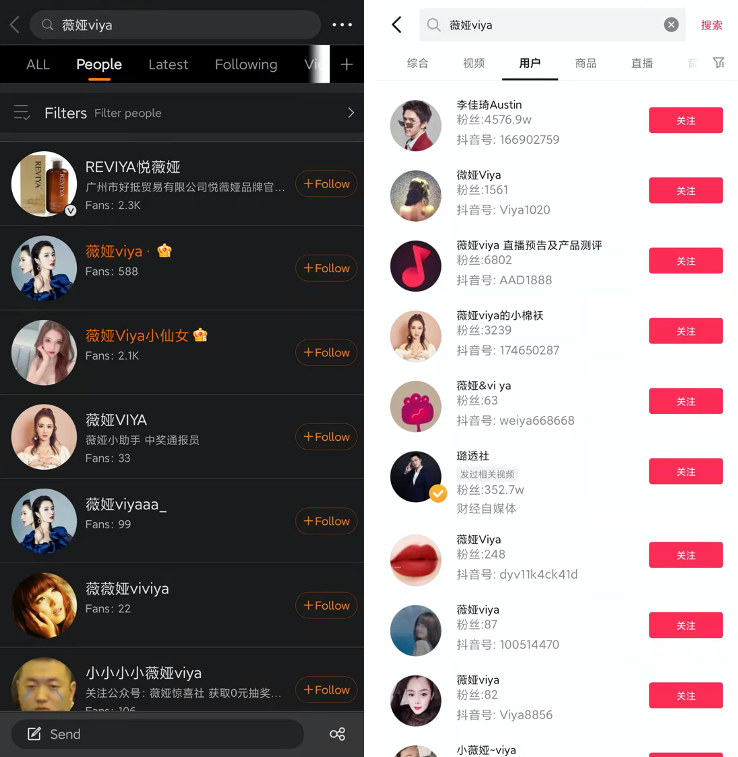
Although her personal tax evasion behavior did not significantly affect any specific partnerships, brands should still ensure that such cases could damage them. Nowadays, many brands from French personal care company L’Oreal to British consumer goods company Unilever and German sportswear company Adidas are having celebrity endorsements. Therefore, the personal behaviors of influencers could affect their reputation as well as the brands they collaborate with.

Crackdowns in livestreaming in China is changing the way e-commerce platforms approach livestreaming
Aligned with the government’s policies to better control the society and the economy, e-commerce companies are tightening their regulations over their platforms. Although still in the process, internet platforms may be required to monitor their content and have live streamers get registered through their official names. Also, the live streamers should speak in Mandarin and wear appropriate clothes. The National Radio and Television and Administration (NRTA) released a set of guidelines of its five-year plans. They did not specify the new rules that may be implemented, but it was mentioned that they will be stricter with regulating their platforms.
Crackdowns in livestreaming in China does not necessarily mean that the government is against the growth of e-commerce livestreaming. Instead, it means that brands should build their livestreaming plans in a way that aligns or at least does not go against the government’s policies.
Top five livestreaming platforms in China that brands should be aware of
The top five livestreaming platforms in China include e-commerce Taobao (淘宝), Jingdong (京东), Xiaohongshu (小红书), Douyin (抖音), and Kuaishou (快手). Other livestreaming platforms include Inke, Bilibili, Yizhibo, YY Live, Huajiao Live, and Huya Live.
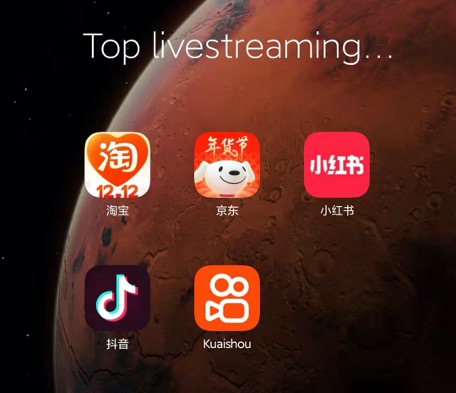
Key takeaways about the crackdowns in livestreaming in China
- Crackdowns in livestreaming in China is increasing as the government promotes the ‘Common Prosperity’ initiative.
- Foreign brands should pay closer attention and should not take lightly the government’s livestreaming policies and they should adjust their strategies accordingly.
- Brands should ensure that their partnering influencers abide by the government’s rules or at least the personal behaviors of the influencers do not affect them significantly. Despite being the ‘livestreaming queen’, Viya had to pay a record high fine for tax evasion.
- E-commerce platforms are likely to tighten their regulations of their platforms based on the rules set by the government. Although still in the process, the guidelines are likely to restrict the live streamers from what how they are used to use the platform. For example, they should use Mandarin and also wear more appropriate clothes.
- Crackdowns in livestreaming in China does not necessarily mean the government is against it. It rather means that brands should make sure that their livestreaming strategies align with or at least do not go against the government’s policies.


